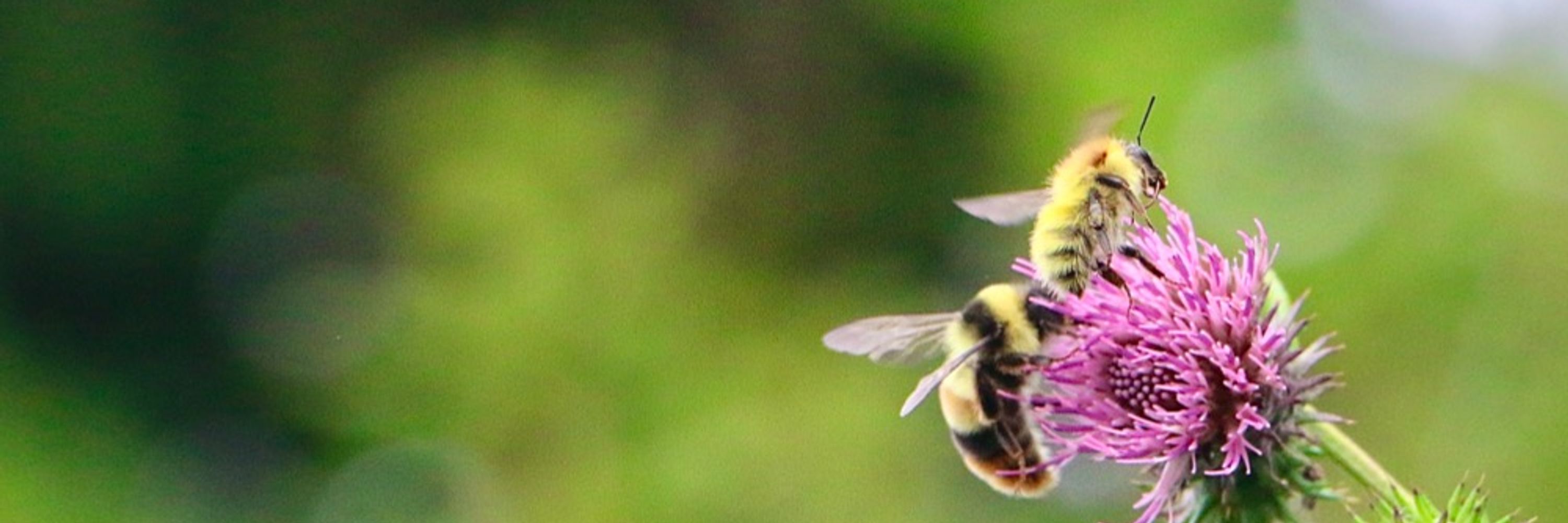
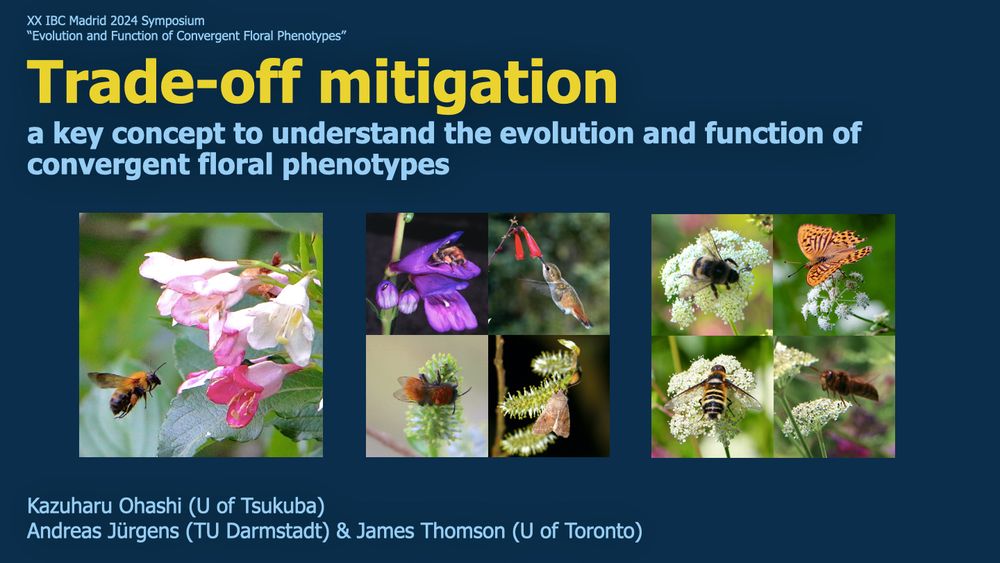
bit.ly/IBC2024_KO
We discuss how #AdaptiveGeneralization for a certain pollinator community has led to phenotypic convergence or syndromes in flowers.
Based on Ohashi et al. (2021): bit.ly/TradeoffMiti...
buff.ly/ldxNWh9
🧪🌍️

bit.ly/4aq7WVL #Ecology #Bees

bit.ly/4aq7WVL #Ecology #Bees
bit.ly/4aq7WVL #Ecology #Bees

bit.ly/4aq7WVL #Ecology #Bees
www.gcrmag.com/brazilian-be...

www.gcrmag.com/brazilian-be...

Apply here: www.uni-hamburg.de/en/stellenan...

Apply here: www.uni-hamburg.de/en/stellenan...


www.nature.com/articles/s41...

www.nature.com/articles/s41...
We provide an updated estimate of the number of buzz pollinated angiosperm species, genera, and families, look at consequences for diversification, number of transitions, and more!

We provide an updated estimate of the number of buzz pollinated angiosperm species, genera, and families, look at consequences for diversification, number of transitions, and more!

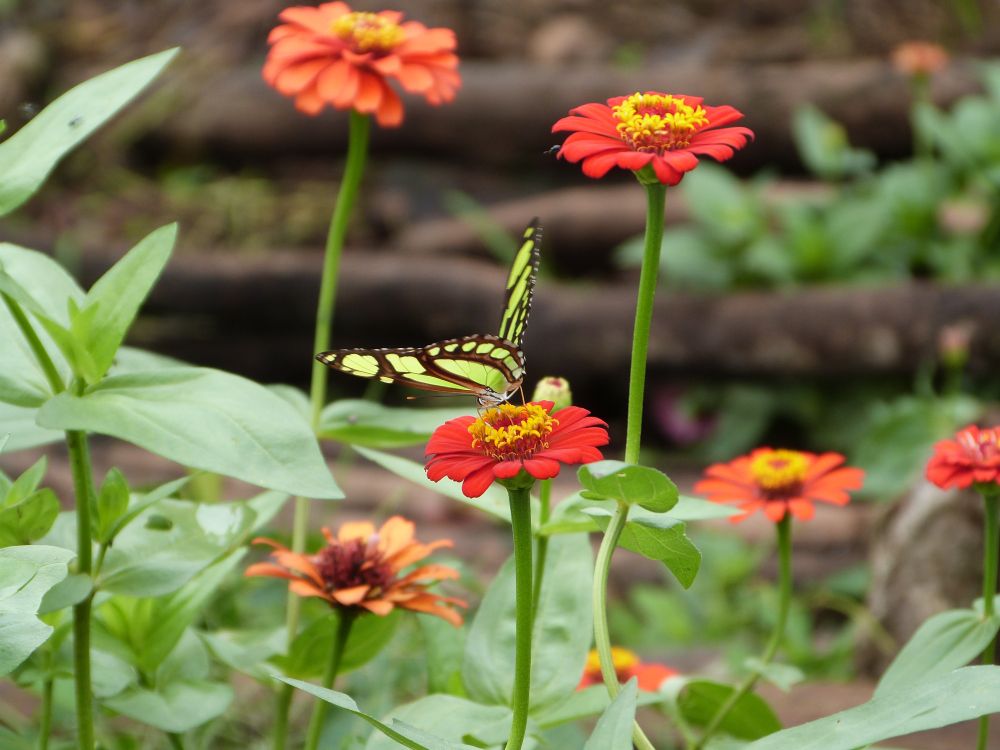
Kantsa et al. 👇
📖 nph.onlinelibrary.wiley.com/doi/10.1111/...
#LatestIssue #PlantScience

Kantsa et al. 👇
📖 nph.onlinelibrary.wiley.com/doi/10.1111/...
#LatestIssue #PlantScience
A meta-analysis shows protective ants reduce flower visits, especially by bees, but usually do not harm plant reproduction. Effects depend on nectary location and visitor type.
🔗 doi.org/10.1111/1365...
#SciComm 🧪 #Ecology #Pollination

A meta-analysis shows protective ants reduce flower visits, especially by bees, but usually do not harm plant reproduction. Effects depend on nectary location and visitor type.
🔗 doi.org/10.1111/1365...
#SciComm 🧪 #Ecology #Pollination

A brilliant critical review of the Grant–Stebbins model of how plants evolve by Kathleen Kay and Bruce Anderson just published.
Read more about it here: jeffollerton.co.uk/2025/09/12/a...

A brilliant critical review of the Grant–Stebbins model of how plants evolve by Kathleen Kay and Bruce Anderson just published.
Read more about it here: jeffollerton.co.uk/2025/09/12/a...
authors.elsevier.com/sd/article/S...

authors.elsevier.com/sd/article/S...
jobs.colostate.edu/postings/165...

jobs.colostate.edu/postings/165...
www.ted.com/talks/scott_...
#Wildlife #CitizenScience #Conservation #Biodiversity
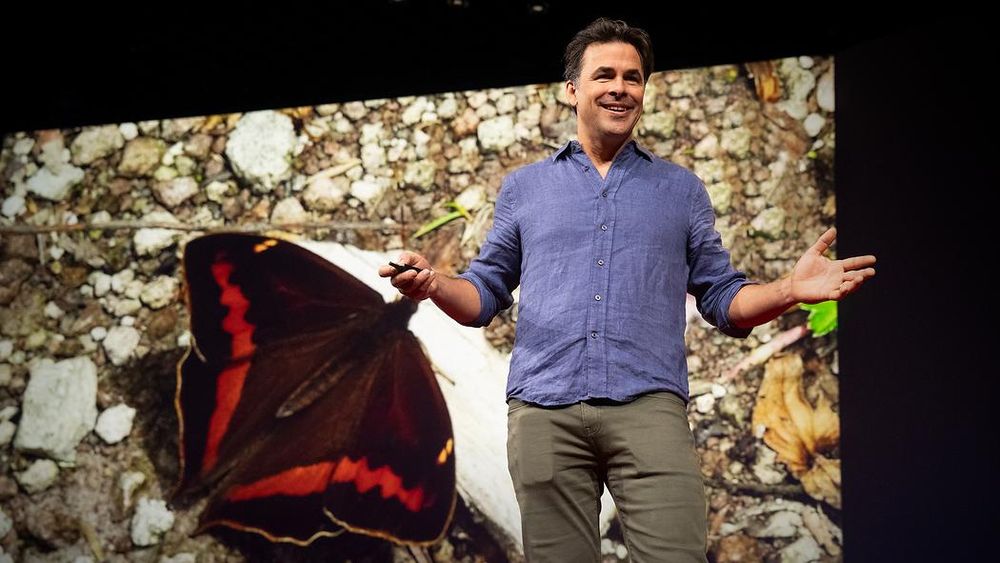
www.ted.com/talks/scott_...
#Wildlife #CitizenScience #Conservation #Biodiversity

jobs.oberlin.edu/postings/16671

jobs.oberlin.edu/postings/16671
#BirdPollination #Generalists #Ecology

#BirdPollination #Generalists #Ecology

Read now ahead of print!
www.journals.uchicago.edu/doi/10.1086/...
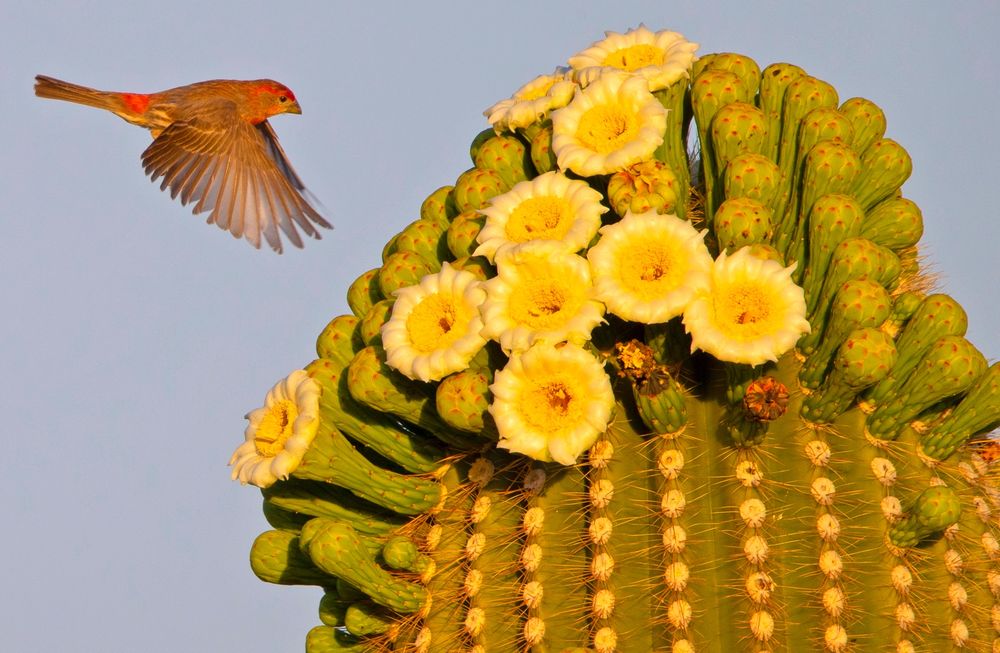
Read now ahead of print!
www.journals.uchicago.edu/doi/10.1086/...

